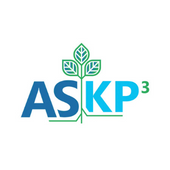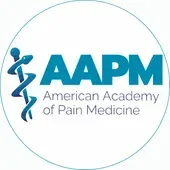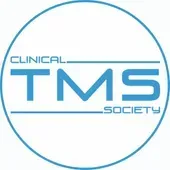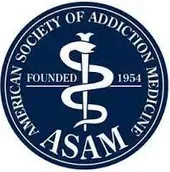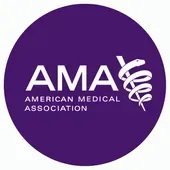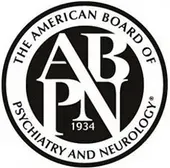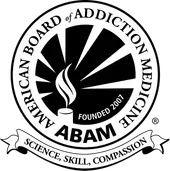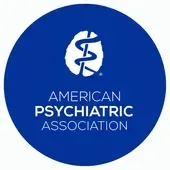Psychotherapy for Addiction & Mental Health
Substance Abuse Counseling in Chestnut Hill
One of the things that makes addiction so hard to prevent is that addiction does not just have one cause. Everything from genetics to a history of trauma or mental health issues can make someone more likely to develop an addiction.
Fortunately, no matter what led to a person’s addiction, different treatment options are available to achieve and maintain sobriety. Addiction psychotherapy at Wave Treatment Centers in Chestnut Hill, PA can help patients learn coping skills for both the addiction and its underlying causes.
"Sometimes, patients do not need medications and psychotherapy is the best way to address their problems. Other times, the psychotherapy complements the medications for a more robust treatment plan."
Start your Healing Journey
A healthier, happier life starts here — talk to our caring staff today.
Website Form Submission
Psychotherapy FAQ
Frequently Asked Questions
Dr. Beatty was very nice and very thorough and did not rush me even though I was late.
Diane E.





